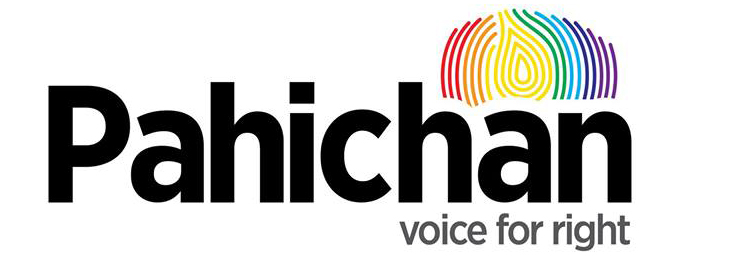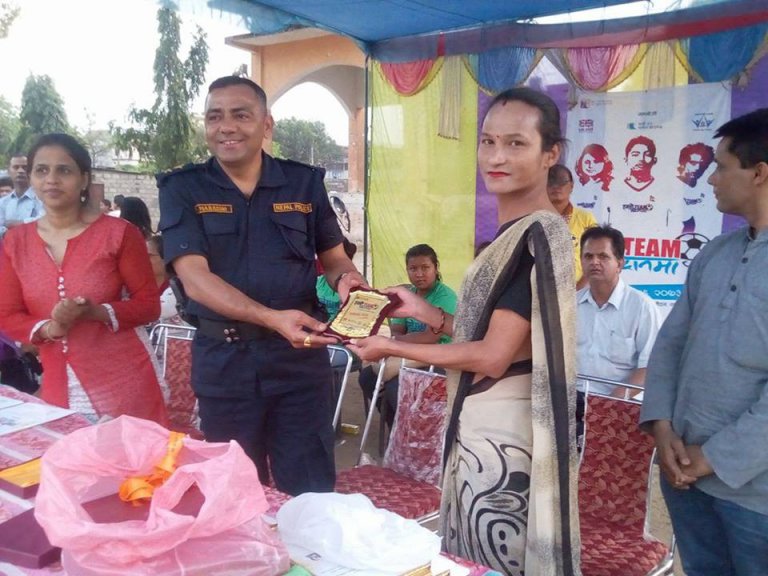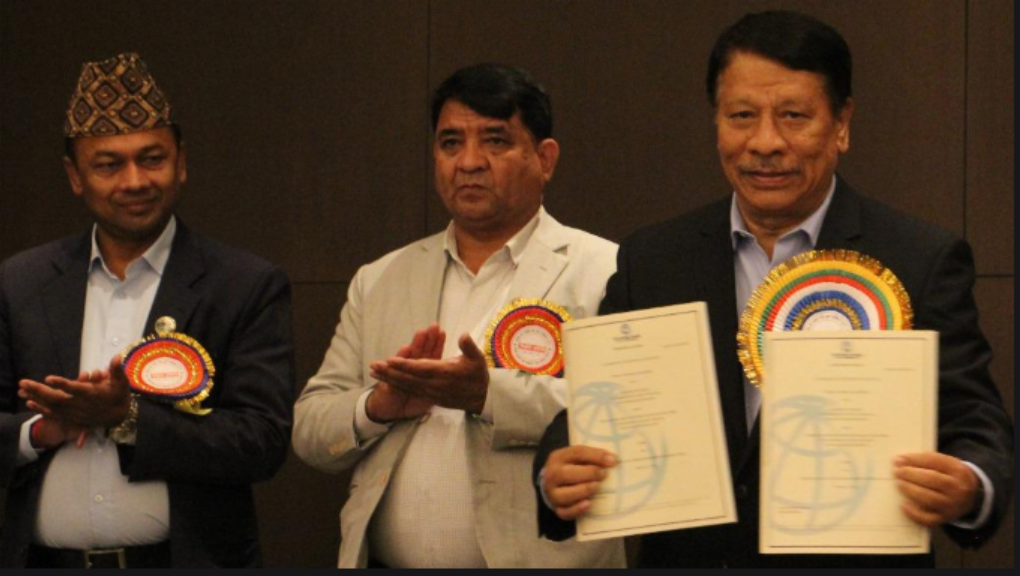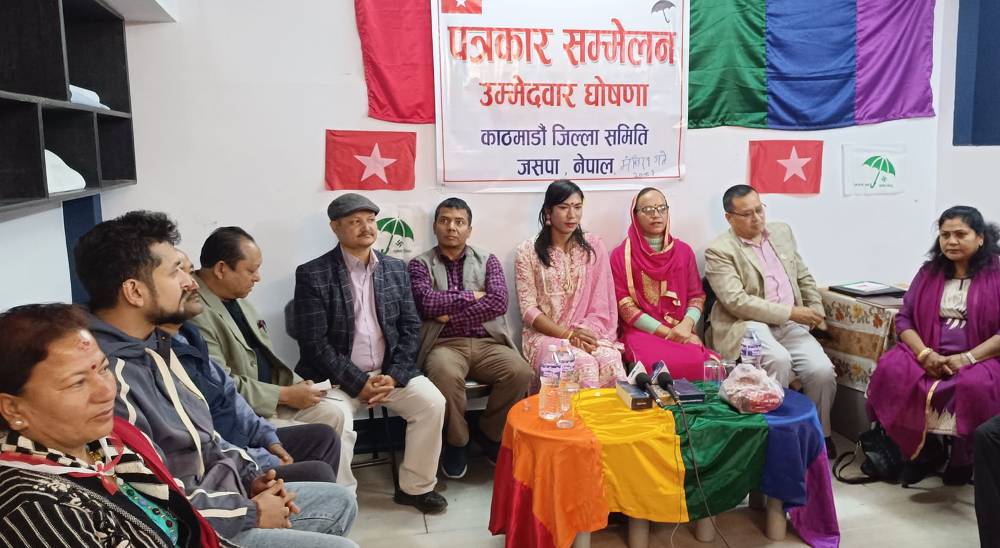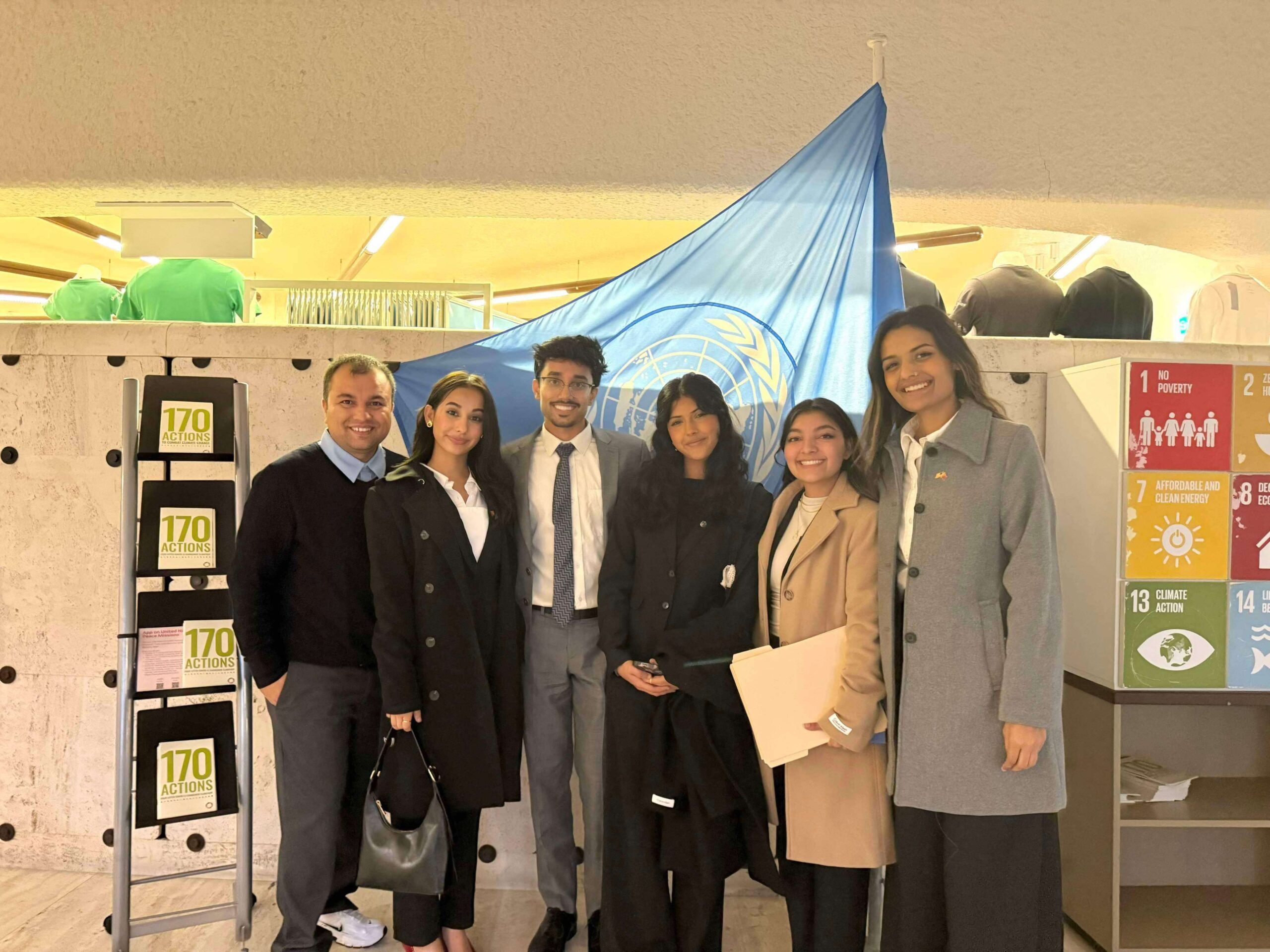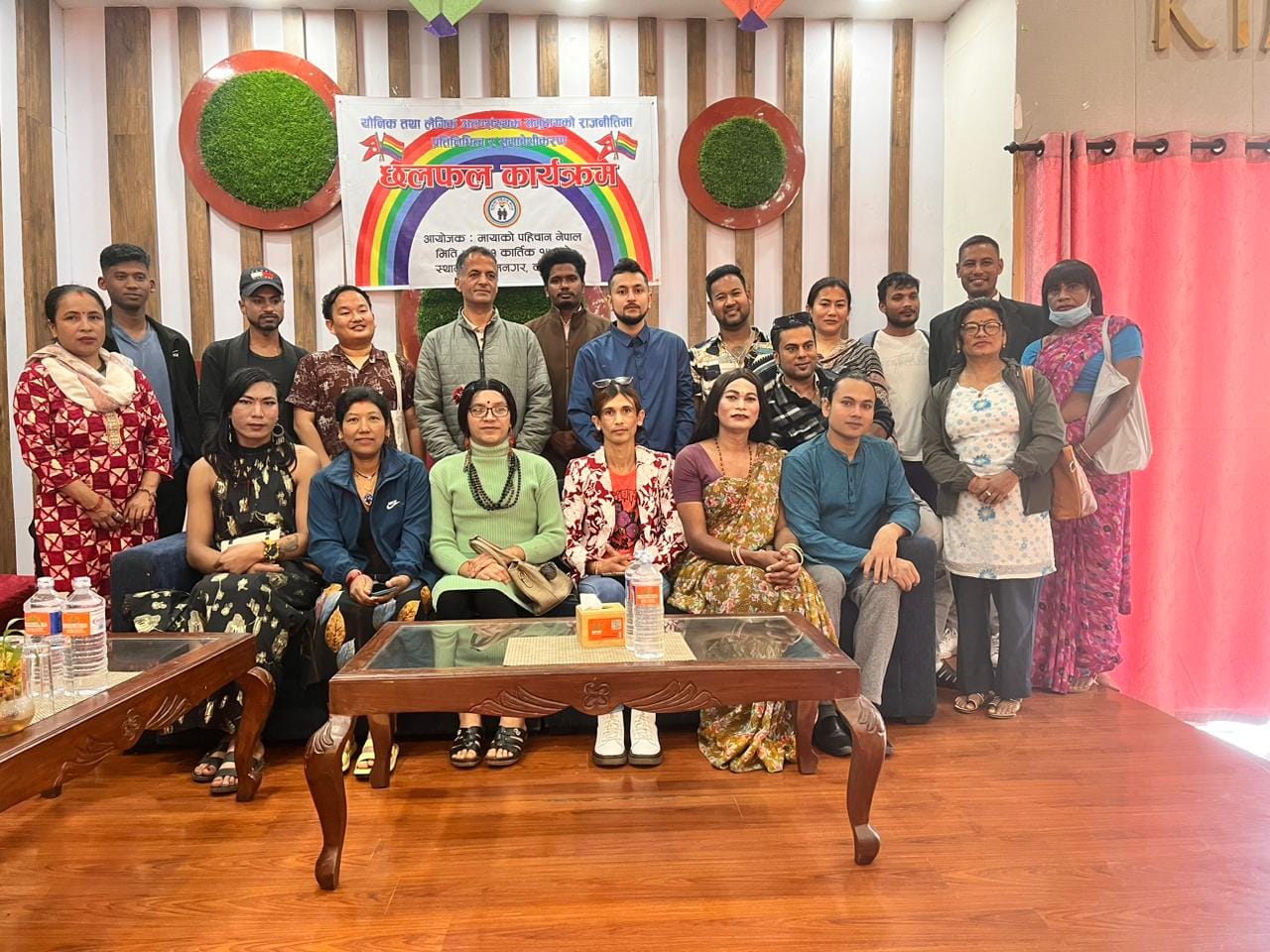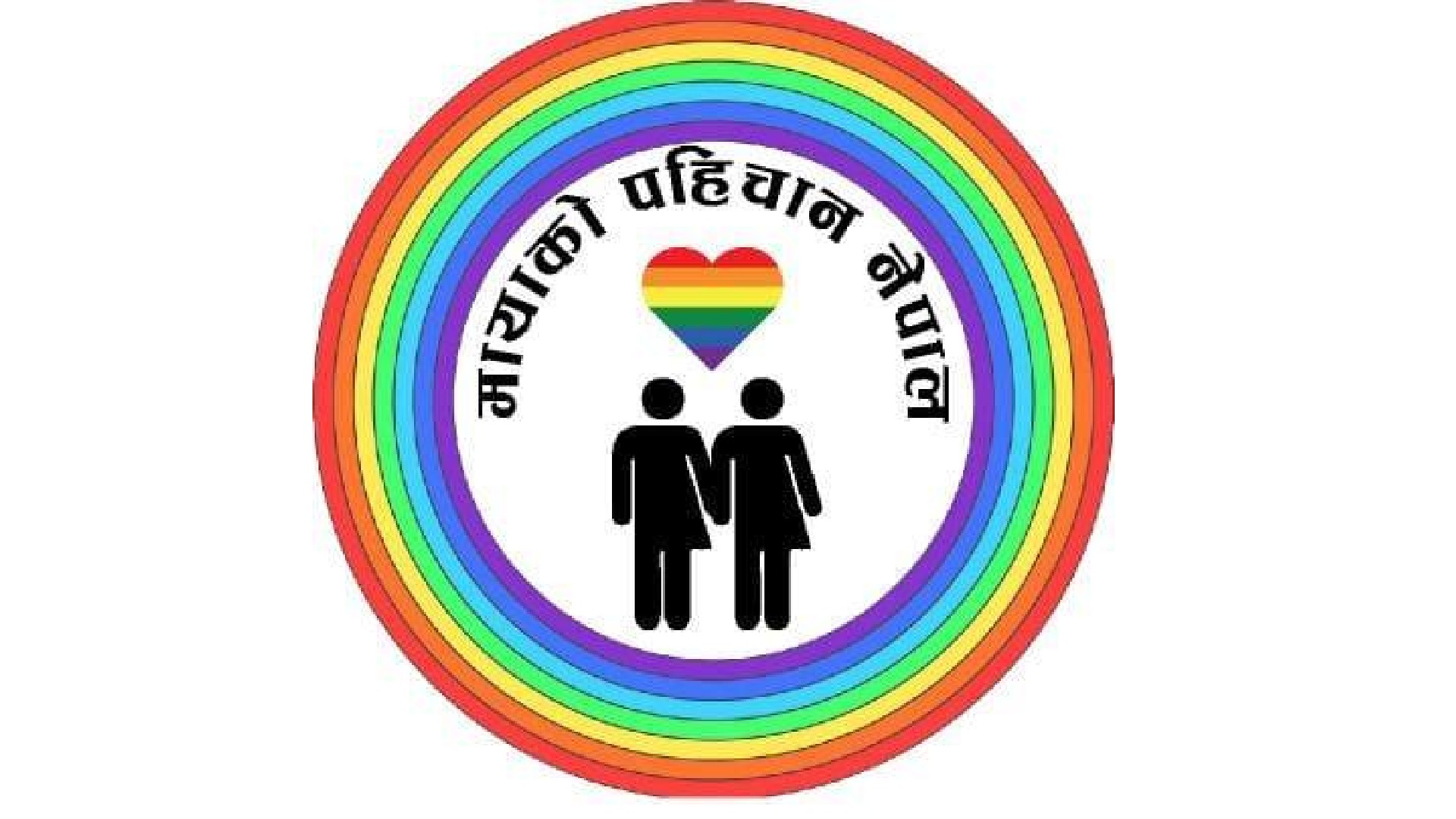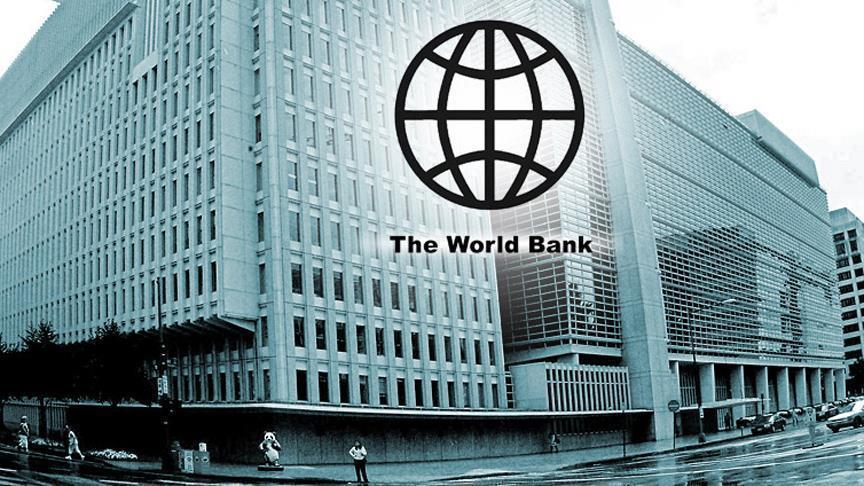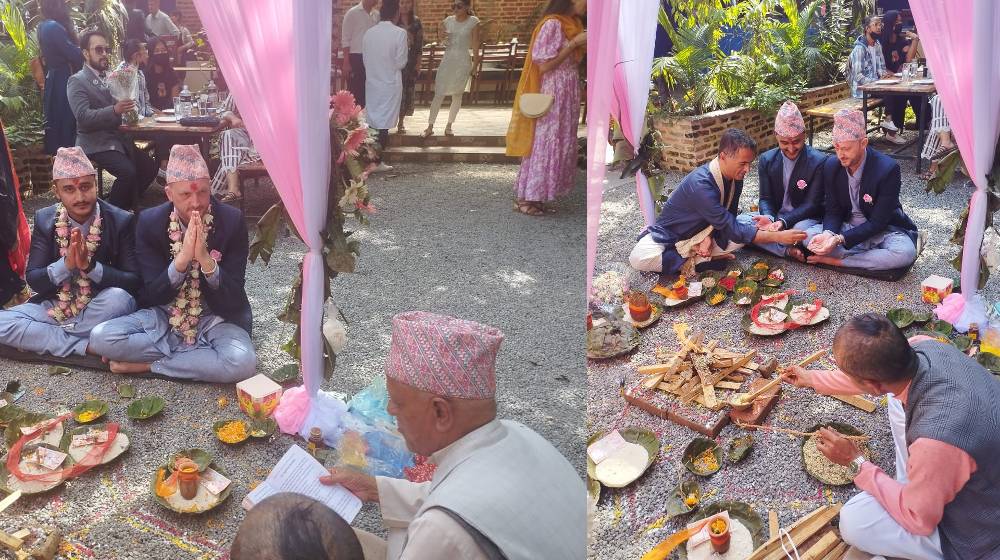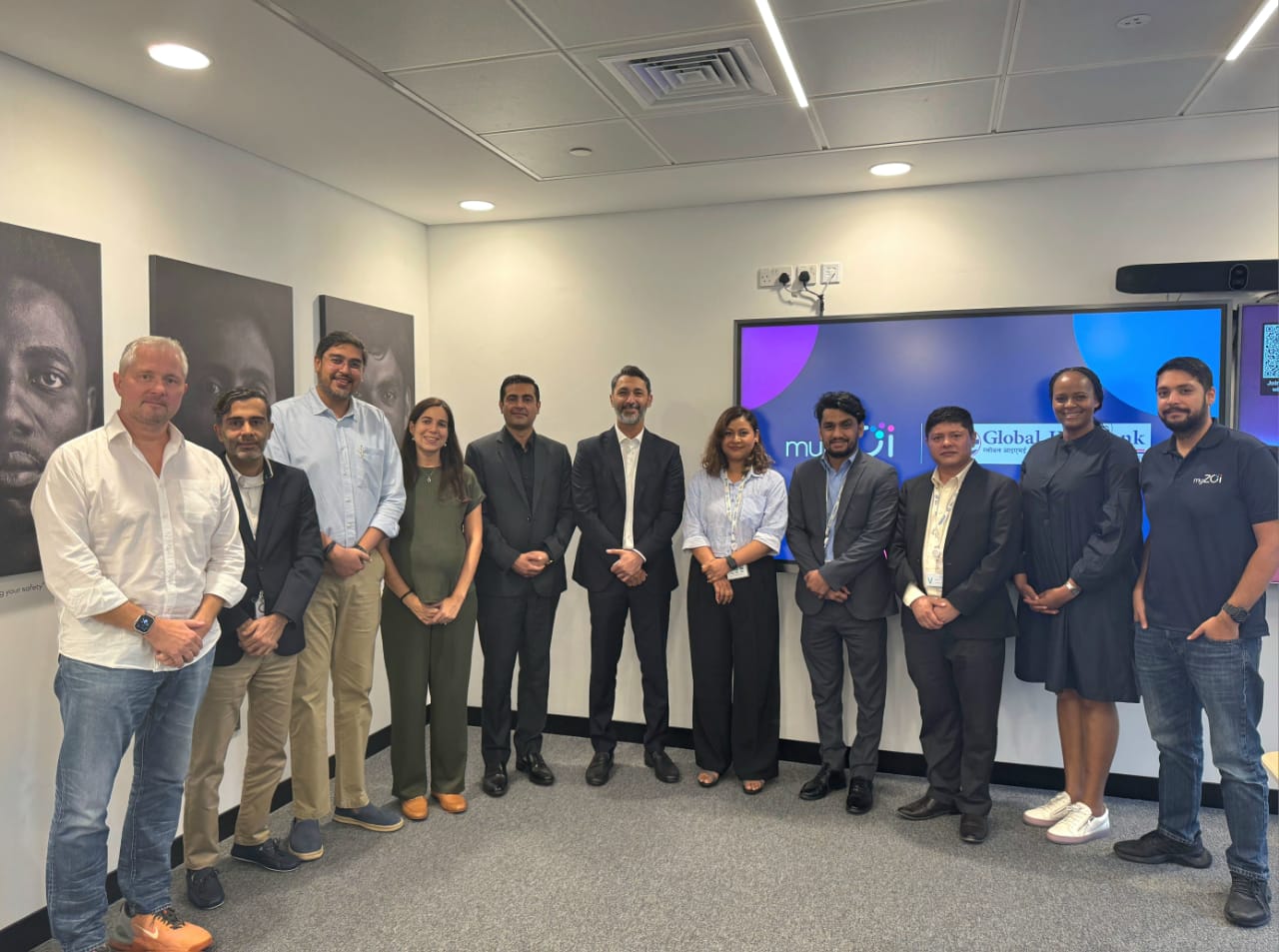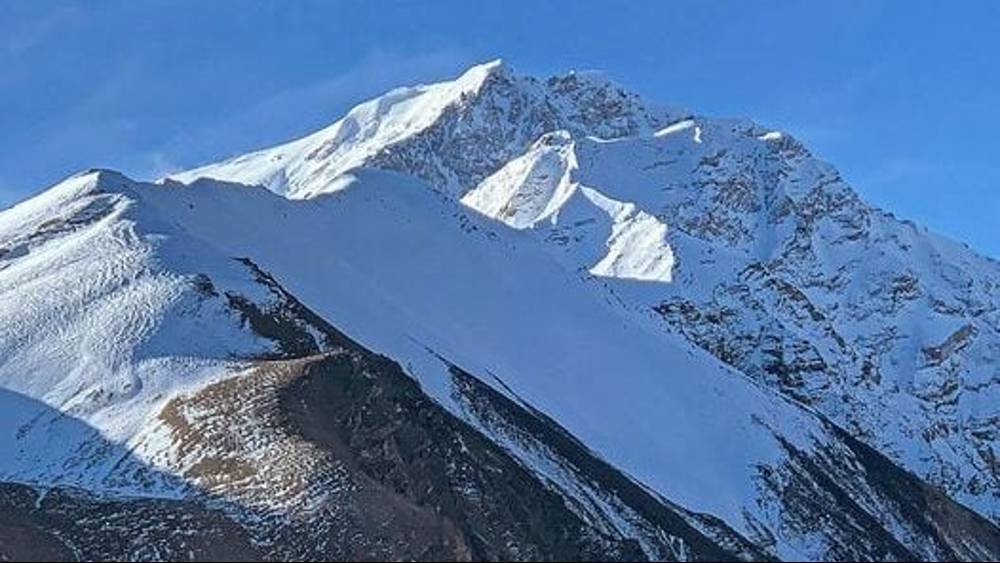
Kathmandu (Pahichan) July 22 – RELIGIOUS freedoms, transgender and minority recognition, and post-earthquake reconstruction are just some of the polarising issues raised in the recent Nepali election process taking place this year.
This week, the country took to the polling stations with the second phase of local elections to choose municipal and village councils in 334 local government units in three of Nepal’s provinces.
Along with the usual concerns about pollution, water sanitation, education, health, safety and security and social development (Nepalitimes.com) it may not sound too different from elections in other nations, but there are a lot of unique aspects to the Nepalese process.
These are the first elections in 20 years, the first since the promulgation of the 2015 constitution and the first to include three voting genders – male, female and transgender.
The first phase of local elections was held on May 14 with 34 districts, including Kathmandu, going to the polls with little reported violence and tension. The second phase on June 28 is considered a significant step towards implementation of a new constitution that requires all local, provincial and national elections to be held by Jan 21, 2018.
Many have voiced a desire that the provision of local government may help bridge an ever-widening gap between the state and citizens by decentralizing power and rebuilding trust in the country’s political representation.
One major gap that has come to the fore has been the political marginalization of groups such as transgender communities, women and religious minorities. Asian Correspondent spoke to a transgender activist, religious rights campaigner and social worker about issues that concern them.
SEE ALSO: Nepal finally goes to vote in local polls – first in two decades
Transgender rights
Aanik Rana Magar is a HIV+ Third Gender citizen based in Rupandehi District, bordering India in the south of Nepal, and one of just 143 transgender people in a nation of 28 million. She stood for the local election as a president for ward number 8 of Tilotma Municipality in Butwal City for the Naya Shakti political party and is hopeful of victory.
Appearing in saris, flowers and tikka, she changed her male citizenship ID to a third gender citizenship ID under new constitution laws that give Nepalese the right to choose their gender identity on citizenships and passports.
This constitutional provision made Nepal the first nation in Asia and the third in the world to give rights to people from the lesbian, gay, bisexual, transgender and intersex (LGBTI) communities, although India, Pakistan and Bangladesh do give some provision for more than two genders.
A further provision in the constitution forbids discrimination against gender and sexual minorities and safeguards their right to participate in the civil service and state mechanisms.

Aanik Rana Magar (right) LGBTI has crusaded for recognition of the LGBTI community in Nepal. Source: Facebook
This opened the door for people like Aanik, and others to get involved in the political process, particularly after the civil war when marginalized groups were able to voice their rights with the idea of a more inclusive Nepal and the first MP was elected from their community.
“We joined the street protest (after the civil war). Our pioneer leader and organization, Blue Diamond Society, organized campaigns, rallies, talk programs, and joined hands with other campaigners to restore democracy and human rights then,” Aanik said.
She said in 2007, Blue Diamond Society filed a writ petition against the government at the supreme court of Nepal, demanding an end to violence and discrimination and recognise and legalise its existence. The group won the case and became legal citizens of Nepal.
Then in 2008 at the first constituent assembly, the society’s leader was elected, making it among the best of constitutions in Asia to safeguard LGBTI rights, Aanik said.
She said part of her personal acceptance as a political candidate had been thanks to being heavily involved in the local community where people “like me a lot”. But even though the constitution ensured the rights of LGBTI people she said “it is not reflected in laws and policies of government”.
“…Until now (our rights) have not been reflected in laws and policies, community members can’t enjoy equal rights like other people. Homosexual marriage is yet to be legalised,” she said.
“The government should reflect the rights ensured by the constitution in laws and policies and treat us all as human.”
Aanik’s desire for LGBTI people was for “more job opportunity, favourable working environment in all institutions, social acceptance and dignified life. We are also a part of this society. If it neglects us then the society would not be complete.”
She welcomed news of a Human Rights report that stated 600 transgender people had applied for civil service jobs.
SEE ALSO: Nepal: Minority ethnic group supporters protest against new constitution
Religious minorities
Tanka Subedi, 45 years, is the co-chairperson of the Nepal Christian Society, Kathmandu and advocate for Freedom of Religion and Belief (FORB) in Nepal and South Asia. He was consulted by the Nepalese government about religious freedoms and took a petition to the United Nations on the platform of religious freedoms.
Christians account for less than two per cent of the Hindu-majority of Nepal and the new constitution makes it punishable by law to convert as stated in article 26 (3).
Christianity Today described these news laws restricting freedom of religion and belief as “similar to the harsh and controversial Pakistani blasphemy law”.
Subedi, a family man who was also involved in earthquake reconstruction, said he and his church had aided in the reconstruction of churches damaged in the earthquake.
“We also do a bit of building of clinics, water and sanitation, and support to schools… This support is done by me personally or by the church which are not recognized by the state,” he said.

Tanka Subedi is pushing for more religious freedom in Nepal. Source: Facebook
“(We are) yet to see how the local government will come up with this kind of support.”
Subedi also leads two advocacy groups: The Religious Liberty Forum (RLF) for Christians and Dharmik Chautari for Christians, Islam, Kirat, Bahai, Hindu, Buddist, Jain and Sikh.
He said law makers and ministers have said there is no ban on personal conversion – only you are not allowed to convert others. However, nowhere in the constitution or law are freewill conversions allowed.
“Local bodies do not have the power to change the constitution or the law but they can bring voices for minorities,” Subedi said.
He said some of the issues faced by minority religious groups included no freedom to convert, no freedom to express what they believed in public, and no provision for registered religious organisations, among others.
He was hopeful the electoral process would bring positive change, particularly in districts where there were a majority of Christians and more than 30 Christians were elected in different positions.
SEE ALSO: Special report: Why post-quake relief efforts in Nepal are failing
Earthquake reconstruction
Social worker Rina Karki, 36, and resident of Lalitpur, cast her first vote ever in a Nepalese election during the Kathmandu local elections in May and is hopeful of change in issues she sees as important.
One of her key desires is to see power from the central administration be decentralized to different parts of the country including districts, towns and villages.
“We hope to see some changes in the villages now, especially with road, drinking water, and other health related stations, administration offices etc.”
She said political stability, lack of proper plans in every sector including infrastructure development and proper execution to get them completed on time were some of the main problems affecting Nepal.
“A constant change in government and planning bodies have not helped in the proper development of the state.”
While not involved in campaigning or the electoral process, the mother of two is director of the Children’s Welfare Centre where about 40 children from different parts of the country come to live and complete their education in a facility on the outskirts of Kathmandu.
SEE ALSO: Nepal Earthquake: Bureaucracy continues to hinder relief and reconstruction
Rina, her staff, and the children at the centre, were heavily involved in local earthquake reconstruction after the April 25 quake in 2015.
When the earthquake first struck she was at the centre and spent the night outside with the children as they were too scared to go back inside. They then set to work cleaning up local areas where people were staying.
“We wanted to make sure that they can stay in clean place so they don’t get sick and we started providing food to our neighbours, medicine and some relief work in the village. Also we travelled to different earthquake affected areas and provided them food and tents.
“After that we were involved in building a monsoon shelter because the season was getting near and people had no place to live,” she said.
“Then we started to building temporary school so the children could start going to school. We built around 100 temporary schools together with one minster of Nepal.”

Rina Karki says more funding should be allocated for those affected by the major earthquake of 2015. Source: Facebook
In Ramkot, another village where 25 people had died and where food was and water was scarce, they built a water tank.
“The whole village was affected by the earthquake and were sleeping under a tree,” she said.
“So we built them a water tank so they can collect clean water for drinking, provided them food and also built them a temporary shelter.”
She said the new elected leaders would have to strongly co-ordinate with the re-construction Commission to get the promised budget released to locals and the community for the required purpose.
She said the government was still not providing enough funds for earthquake affected people.
“In my opinion people’s homes in the villages are the biggest need for reconstruction. Of course Durbar Square is equally important for tourism but first people deserve a safe place to live.”
She said the election process had been positive and she was hopeful for change.
Copy : https://asiancorrespondent.com
